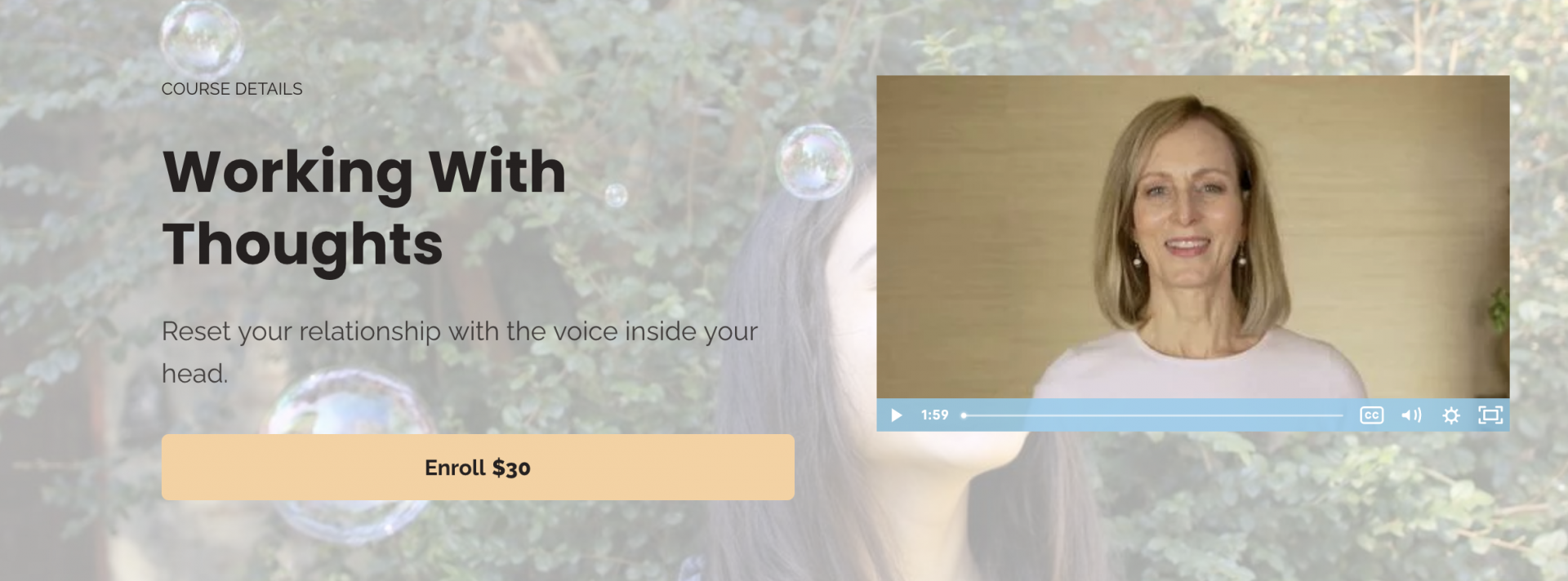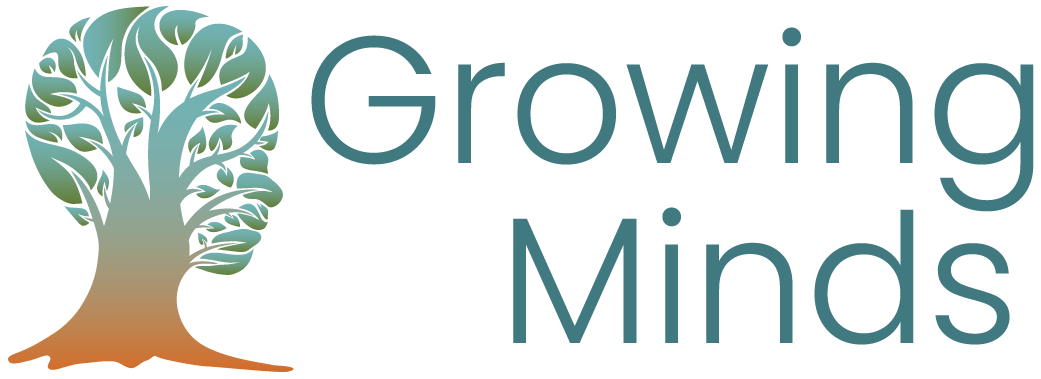Have you ever noticed that no matter what you’re doing - mowing the grass, answering emails, perusing social media, taking a walk, even carrying on a conversation - there’s a near constant stream of thoughts running in the back of your mind?
Sometimes, this stream of ponderings is like the low hum of the refrigerator; quiet background noise you almost don’t notice. Other times, our minds can produce what feels like a relentless storm of thoughts that sweep us away, making it difficult to focus on anything else. As naturally as we breathe, we drift mostly unaware from the here and now - our brains transporting us to past events, playing out imagined scenarios, and churning other internal musings.
This inner ping pong ball of mental activity works seamlessly much of the time, planning essential tasks, engaging in complex problem solving, anticipating future needs. A veritable whirlwind of mental rehearsal and self-reflection! An essential element of the mind, this internal flexibility can help us navigate the complexities of our home and work life, and the dynamic and ever-evolving world around us.
Yet, at times this unharnessed internal activity often leads to toxic chatter - cyclical patterns of negative thoughts and emotions that turn our capacity for reflection into a burden rather than a benefit.
This often happens when we need a steady inner compass the most - when our stress is up, the stakes are high, and we encounter difficult experiences and emotions. Sometimes this chatter takes the form of rumination - compulsive rehashing of past events. Other times, we know it all-to-well as worry, angst-ridden imagining about future events. These and other negative and unpleasant thoughts are sometimes referred to as “mind traps.”
Our personality and life experiences predispose us to common patterns of thinking. The more we fall into these mind traps, the less we question their validity, and the more they become the running narratives through which we see ourselves, situations, and those around us. While some mind traps can affect our mental well-being, others impact our relationships and how we see and relate to other people. Without mindful awareness of our internal chatter, mind traps can take us for a ride. They can amplify feeling states of anxiety and depression and can impact our mental well-being and relationships.
However it manifests itself, the key to transforming our depleting internal chatter isn’t to silence it, avoid it, or argue with it. In our newly released session, Working with Thoughts, we explore actionable strategies for working mindfully with your amazing and sometimes vexing stream of thoughts. In this session, you’ll acquire skills to approach thoughts with kindness and curiosity, learning to notice and direct your attention to the thoughts that feed and nourish you most. And discover ways to refurbish those challenging thought patterns that can run amok with your well-being and tax your relationships.



